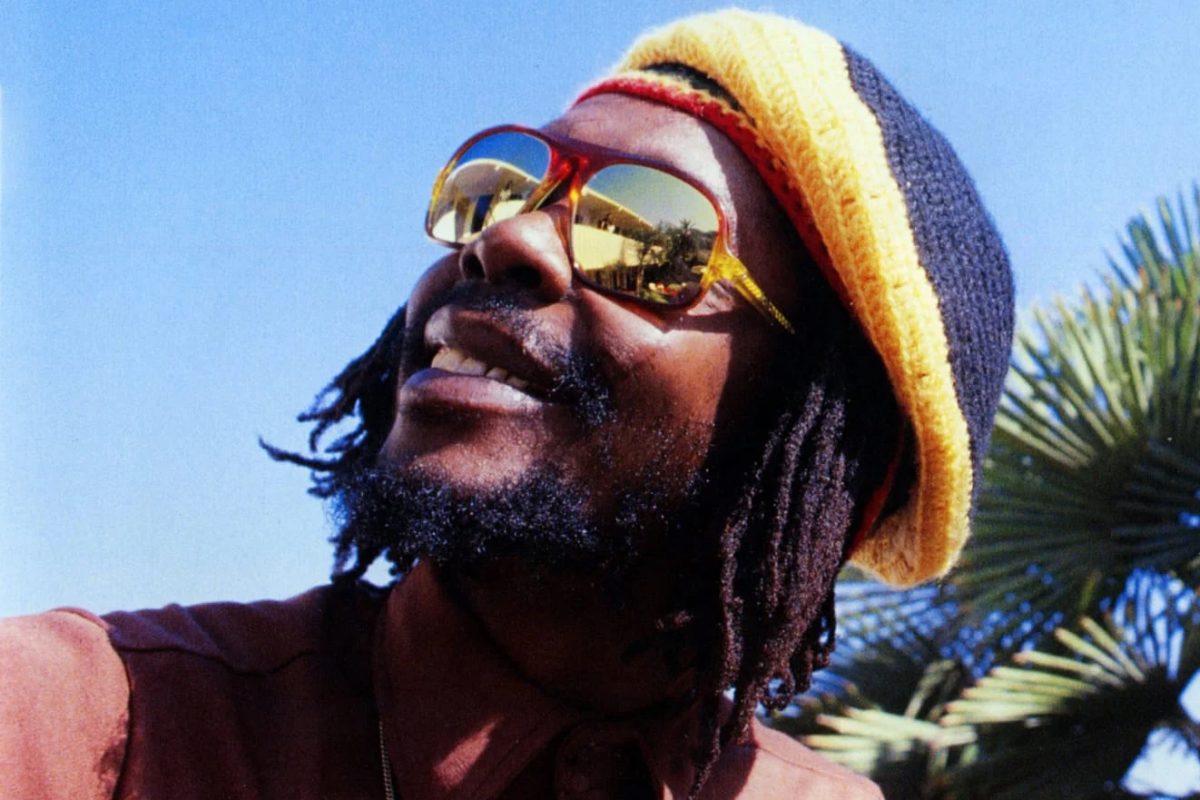Jamaican Youth Give Peter Tosh No Justice After Viral ‘Equal Rights’ Quiz Video

The overwhelming number of young people who have affirmed that they have no knowledge of who Peter Tosh is, in the aftermath of a now-viral Schools Challenge Quiz match video clip, seems to have validated concerns raised last March by Reggae Studies Unit head, Dr. Sonjah Stanley Niiah, about the need for Jamaican educational institutions, to teach students about Reggae.
Last Monday night, during Television Jamaica’s legendary quiz competition, when members of Denbigh High School were fielded a question by quizmaster, Marlene Stephenson-Dalley, about the “Jamaican artist” who recorded the single Equal Rights, one team member quickly responded naming Dancehall songstress Ishawna as the artist behind the single, and not Reggae icon Peter Tosh as was expected.
While Ishawna indeed has a risqué single titled Equal Rights , the quizmaster had deemed their response incorrect. However, after a contestation, Denbigh High was awarded the point, albeit them going on to lose the match scoring a meagre two points to their opponent Wolmer’s High School’s 31.
https://www.instagram.com/p/CaCZh0ljvdH/
However, that muddle aside, over on Instagram where the clip of the gaffe was shared widely, the comments from some followers were very telling, as some, including Dancehall artist Kemar Highcon, and X Factor winner Dalton Harris, pointed out that the current generation of youngsters in Jamaica, have no idea who Peter Tosh was, a seeming indictment on the Ministries of Culture and Education.
“Poor child don’t even know one song that Peter Tosh did #sadbuttrue 😂😂,” one commenter wrote, while another noted: “This generation don’t even know who Peter tosh is”.
Even while some commenters argued that the quizmaster ought to have specified that they were asking about the Reggae version of the song, others said based on the end score, Tosh as the answer would not have been forthcoming. Even some adults even said that they “had to look up the song” as they themselves had not heard of Tosh’s version prior.
In a March 2021 interview surrounding the preservation and documenting of Reggae music and culture, following the death of Reggae icon Bunny Wailer, Dr Stanley Niaah, who heads the Institute of Caribbean Studies at the University of the West Indies, had pointed out that the Reggae genre was under threat of being arrogated by other countries, and Jamaica might need to undergo another Reggae Revival very soon.
At the time, she had said this was because, among other things, it appeared the island’s artists were once again, steering clear of recording songs within the genre.
Dr. Stanley Niaah had said it was incumbent upon persons in academia and in the music and cultural sphere, to ensure that “children in Jamaica must not grow up and not know who a Bunny Wailer was; not know who Peter Tosh was”.
“Because what other gold do we have that we are mining in this country? What other gold do we have? It is our foreign currency; it is our gold; it is our food; it is our soothing for our soul when we are in times of need. This is our gold and I am affirming that every Jamaican must know what we have given the world,” she had said during an interview on Radio Jamaica’s Two Live Crew.
During the interview with Dahlia Harris and her former co-host Wesley Burger on Radio Jamaica, the senior lecturer had said Jamaican Reggae was facing an imminent threat due to the actions and inactions of its own countrymen, in both academia and the music industry itself.
Dr. Stanley Niaah, whose publications include the books Dancehall: A Reader on Jamaican Music and Culture, Reggae Pilgrimages: Festivals and the Movement of Jah People and Dancehall: From Slave Ship to Ghetto, had said whilst the UWI was undertaking copious amounts of work through the Reggae Studies Unit, other institutions in Jamaica at the primary, secondary and tertiary levels, ought to do their part in teaching about Reggae.
“It can’t be up to institutions like The University of the West Indies alone and the Institute of Caribbean Studies, to be able to offer programmes in Reggae studies. We have a minor in Reggae studies with various courses that cover different aspects of music and the business of music in particular. But every single institution should be looking at how it is going to transmit knowledge about Jamaican music, maybe under the banner of culture, but certainly, there has to be some focus on what Jamaicans have given the world,” she had explained.
“Because guess what? In a few years, time we will be hearing that Japan, France, Germany – all of these places – all of the major festivals are happening in these places and as soon as COVID is over and the festivals go back into full swing, and the production of Reggae music gets back into focus; because Jamaica is no longer interested in producing Reggae for example, or we need another Reggae Revival – you gonna hear about those countries as the centres of Reggae production and consumption,” the Hanover native had argued.
She had also explained that while the Reggae Studies Unit has undertaken the responsibility to create full courses on Jamaican music legends and their contributions, with one such course being Bob Marley and His Music, which is lectured by her, that there was still much more that needs to be done.
“Focus needs to be placed on preservation, certainly documenting. I for example am writing, publishing. We have different audiences that we read to when we publish books. At least somebody can say when I have passed for example… that I will leave a legacy of writing, I will leave a legacy of programmes that I have developed a the Institute of Caribbean Studies at the UWI,” she had said.
